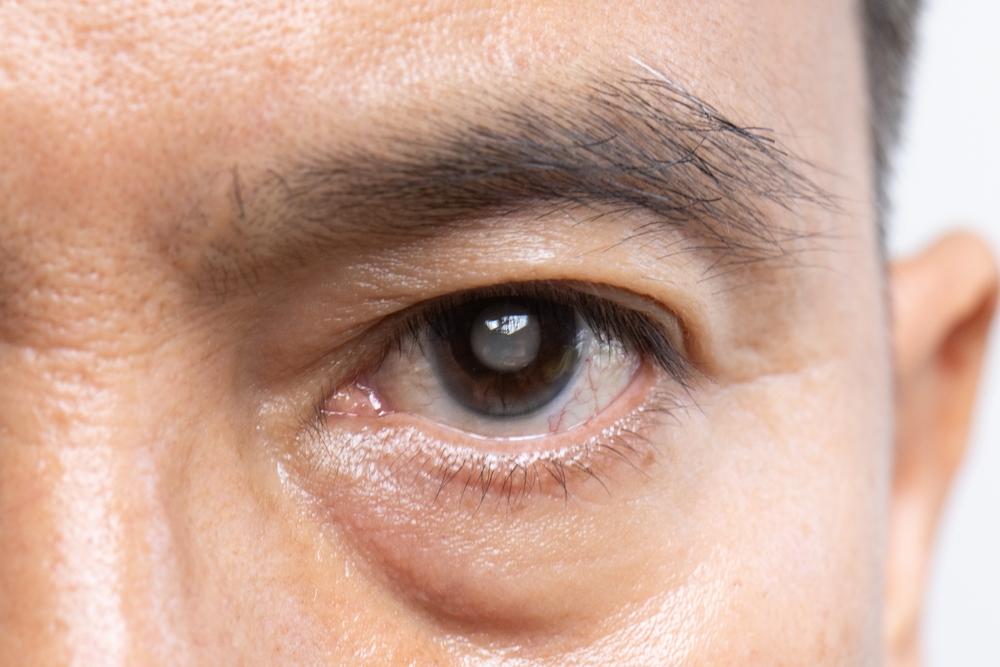
Cataracts are one of the most common causes of vision impairment, particularly as we age. While they develop gradually, their impact on your quality of life can be significant if left untreated. Understanding how cataracts affect your vision, recognizing their symptoms, and maintaining regular eye exams are key to preserving your eye health and overall well-being.
What Are Cataracts?
Cataracts occur when the lens of your eye becomes cloudy, preventing light from passing through clearly. This cloudiness often develops as a natural part of aging, but it can also be influenced by factors such as:
Prolonged UV exposure
Smoking
Certain medications, such as steroids
Medical conditions, including diabetes
Eye injuries
The lens, which is normally clear, focuses light on the retina to produce sharp images. When cataracts form, vision becomes blurry or distorted, much like looking through a foggy window.
Signs and Symptoms of Cataracts
Cataracts often develop slowly, so their symptoms might not be noticeable at first. Here are some common signs to watch for:
Blurry or Cloudy Vision: You may feel like there’s a film or haze over your eyes, making it difficult to see clearly.
Increased Sensitivity to Light: Bright lights, particularly at night, can become uncomfortable or glaring.
Difficulty Seeing at Night: Cataracts can make driving or navigating in low-light conditions challenging.
Faded or Yellowed Colors: Colors may appear duller or more yellow than they used to.
Halos Around Lights: You may notice glowing rings around lights, especially at night.
Double Vision in One Eye: Cataracts can sometimes cause a phenomenon where a single object appears doubled.
If you notice any of these symptoms, schedule an eye exam promptly. Early detection can prevent your condition from worsening and improve your treatment outcomes.
The Importance of Regular Eye Exams
Regular eye exams are crucial for identifying cataracts and other eye conditions early. Here’s why you shouldn’t skip your annual check-up:
Early Detection and Treatment: Many eye conditions, including cataracts, progress slowly and may not show symptoms until they’re advanced. Routine exams allow your optometrist to catch these issues early.
Vision Preservation: Regular monitoring of your eye health ensures that any changes in vision or eye structure are addressed before they affect your daily life.
Comprehensive Care: During an eye exam, your optometrist will check for other conditions, such as glaucoma or macular degeneration, which can coexist with cataracts.
Treatment Guidance: If cataracts are diagnosed, your optometrist can provide personalized recommendations, including when surgery might be necessary.
Treatment Options for Cataracts
In the early stages, cataracts may be managed with prescription glasses, anti-glare lenses, or improved lighting. However, as cataracts progress, surgery becomes the most effective option. Cataract surgery involves replacing the cloudy lens with a clear artificial lens, significantly improving vision.
Protect Your Vision with SpecTakular Boutique
Cataracts can significantly impact your vision and quality of life, but early detection and proper care can help you maintain clear and healthy eyesight. By staying vigilant for the signs and symptoms of cataracts and committing to regular eye exams, you can catch this common condition early and explore effective treatment options. We’re here to support your journey to better vision with comprehensive eye care tailored to your needs.
If you’re experiencing symptoms of cataracts or are due for a routine check-up, schedule your eye exam with SpecTakular Boutique for expert care. Visit our office in Dawsonville, Georgia, or call (706) 216-7732 to book an appointment today.




